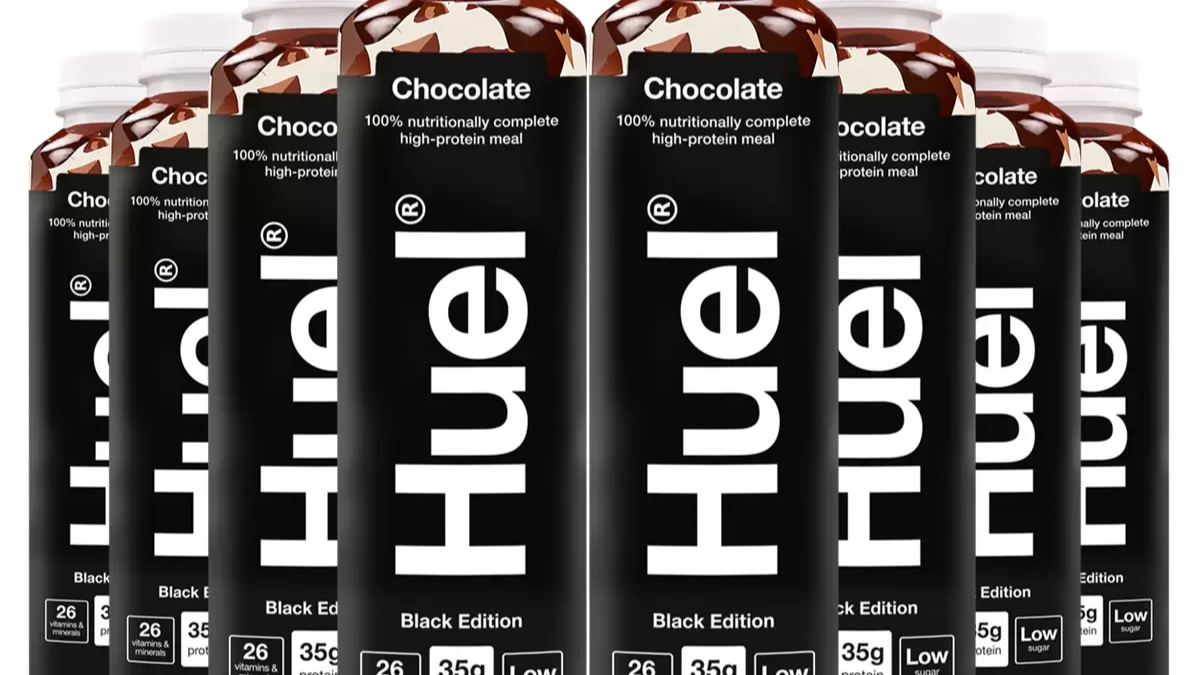
Despite its dystopian name, meal-replacement company Huel is a part of life for those too busy to stop for a regular meal, anyone trying to lose weight, and humans who simply see food as a fuel (hence the name).
But now controversy is brewing, and customers are anxious. On Oct. 14, Consumer Reports published an investigation into heavy metals present in protein powder supplements, and their results made for disturbing reading for anyone who’s been regularly drinking Huel Black.
Samples were taken from 23 protein powders and ready-to-drink protein supplements (generally shakes) and tested for arsenic, cadmium, lead, mercury, aluminum, boron, barium, beryllium, calcium, cobalt, copper, iron, potassium, lithium, magnesium, manganese, molybdenum, sodium, nickel, strontium, thallium, vanadium, and zinc content.
The test results weren’t good. 15 out of 23 of the products exceeded their conservative “level of concern” for lead, defined as 0.5 micrograms (µg) per day based on California’s Proposition 65 warning threshold.
Huel Black Edition (Chocolate) was singled out for having the second-highest lead content of all products tested, with 6.3 µg of lead per serving (about 1,260% of Consumer Reports’ daily limit) and 9.2 µg of cadmium (over 224% of the 4.1 µg daily limit). The report categorized Huel Black Edition as a “product to avoid”, saying that while a single serving won’t do any damage, daily use could “accumulate”.
Consumer Reports’ chemist Tunde Akinleye said:
We advise against daily use for most protein powders, since many have high levels of heavy metals and none are necessary to hit your protein goals.”
You should already know you don’t want lead in your system, as it causes high blood pressure, kidney damage, a weak immune system, and cognitive decline, among many other health problems.
Regular customers are understandably worried:
There was an 18 month period of where Huel Black made up 50% of my diet. If these numbers are right, that means I ingested (conservatively) ingested 22,440% the safe amount of lead and it would take about 338 years to be back to normal levels https://t.co/zH6CgzyWxE
— Rota (@pli_cachete) October 15, 2025
Is this as bad as it sounds?
Huel hit back yesterday, arguing that the Consumer Reports test was “extremely conservative”, that “a cup of spinach” might contain similar amounts of lead, and that their own testing says it contains much less lead than Consumer Reports’ test:
Consumer Reports' recommendation of 0.5mcg is extremely conservative and does not match that of the FDA (12.5mcg) or NSF (10mcg). You might exceed it with a cup of spinach. Our own independent testing puts Huel at 1.8mcg per serving average, less than a third of CR's reporting.
— Huel (@huel) October 15, 2025
Huel’s Head of Nutrition, Rebecca Williams, and Marketing Director, William Patterson also released statements arguing that their product is well below NSF International’s “gold standard” limit of 10 lead µg and international benchmarks, that Huel Black Edition has been certified as “no detectable lead” and that lead naturally occurs in soil-grown products, so adults naturally consume 20–80 µg daily from diet alone.
Huel’s overall message is “don’t panic” and that this isn’t as bad as it sounds. But then, they would say that, wouldn’t they? It seems that for now, the jury is out and further investigation is needed, but only you can be the ultimate judge over whether something is safe enough to put in your body.







